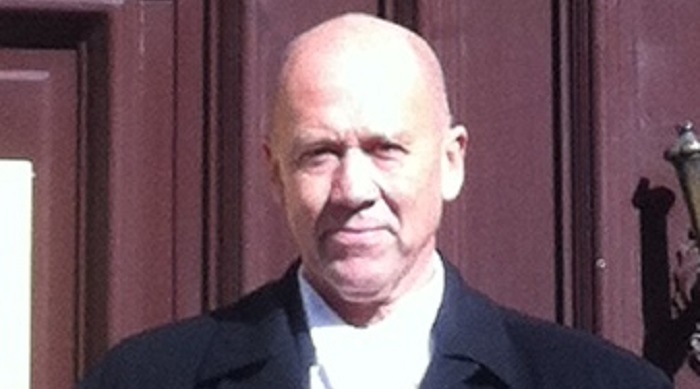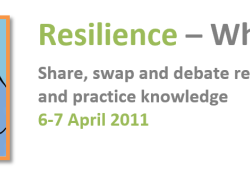Topic: What Neuroscience can and cannot tell us. Troubles in early development and what we can do about it later – Dr Derek Blincow
Resources: You can download Derek’s slides
Summary: The language of Neuroscience is becoming increasingly used in describing the impact of early adverse events on children’s development. This holds great promise for our understanding of how precise we can be as to the damage done, but there are downsides too. As with Attachment Theory, the danger is that we see such changes as irreversible and setting the child’s course through life in a pattern on a determinedly negative trajectory. Resilience research challenges this, informing us of many everyday actions and formal interventions that can make a positive difference. These can happen throughout a child’s growing up and can be described in the language of neuroscience but also in more everyday terms. We will explore ways in which these languages translate into each other. Overall, the session will look at how we can still hold on to the benefits of a neuroscientific understanding of childhood adversity but drawing on a positive resilience framework.
Biography: Dr Derek Blincow is a Child and Adolescent Psychiatrist and co-author of “Resilient Therapy”. He worked in and led mental health services in the NHS for many years, founded a high dependency adolescent in-patient unit with a resilient approach and practices both in out-patient clinics and in public proceedings in the Family Courts. This involves determining the future for many of the most disadvantaged children, where the impact of early childhood adversity is a central issue.
Who might be most interested: Everyone is welcome, including academics, practitioners, researchers, students, parents, carers, community workers, volunteers, public sector workers, young people, service users and people with lived experience of mental health problems.
Key Readings:
Hart, A., & Blincow, D., with Thomas, H. (2007). Resilient Therapy: Working with children and families. London: Brunner Routledge.
While there are many journal articles on Neuroscience in relationship to early child adversity, they are often very technical. Derek will bring with him a selection of relevant information.
This event took place on Tuesday 11 September 2018.
The Resilience Forum is for ANYBODY (with a pulse!) involved with or interested in resilience research!


